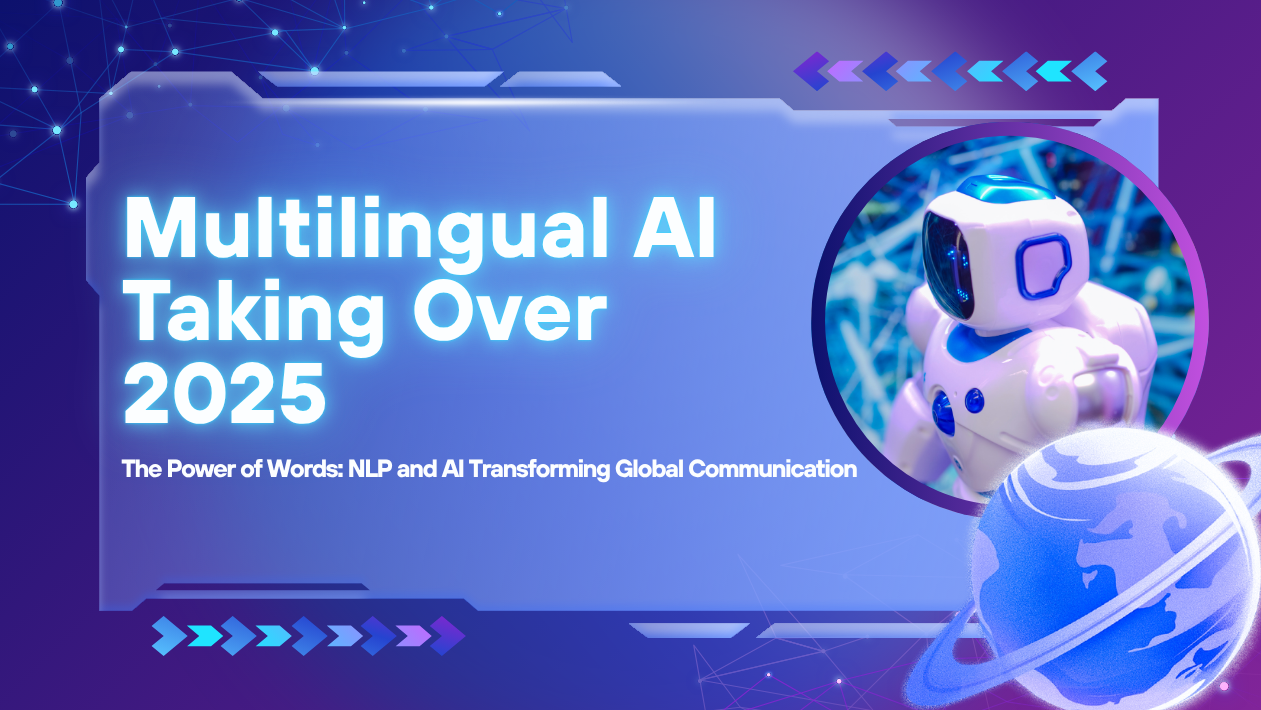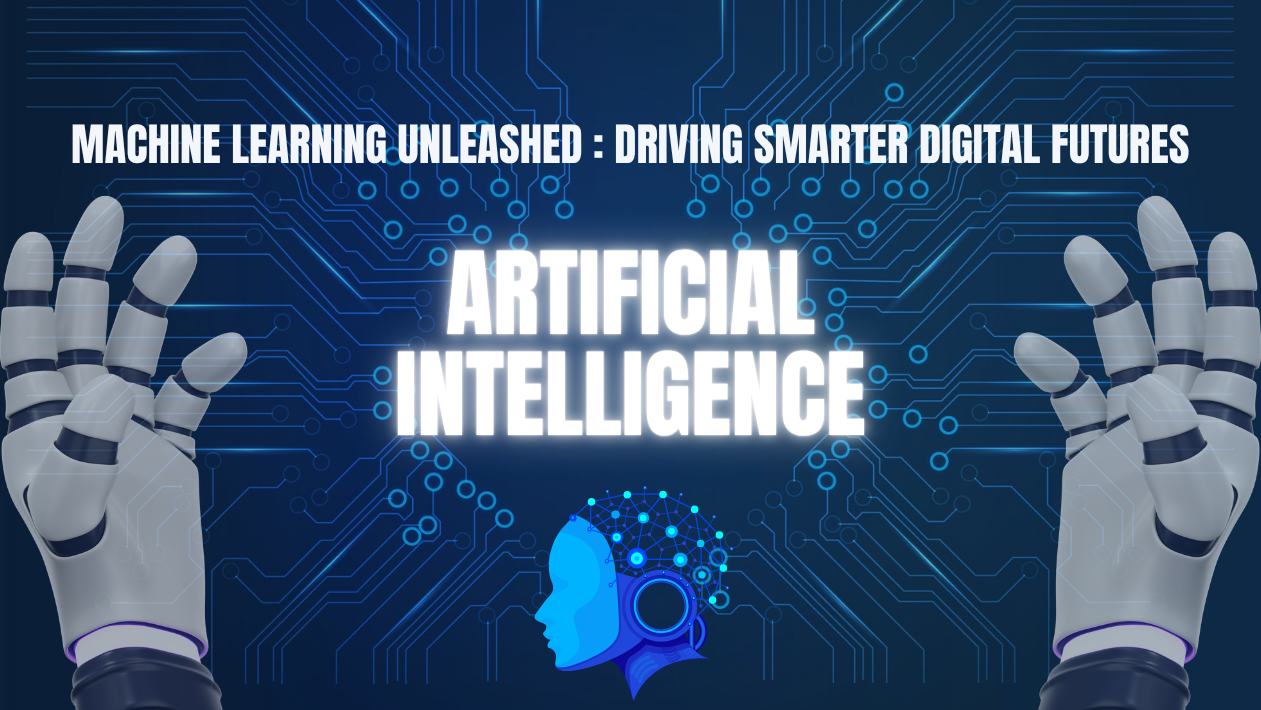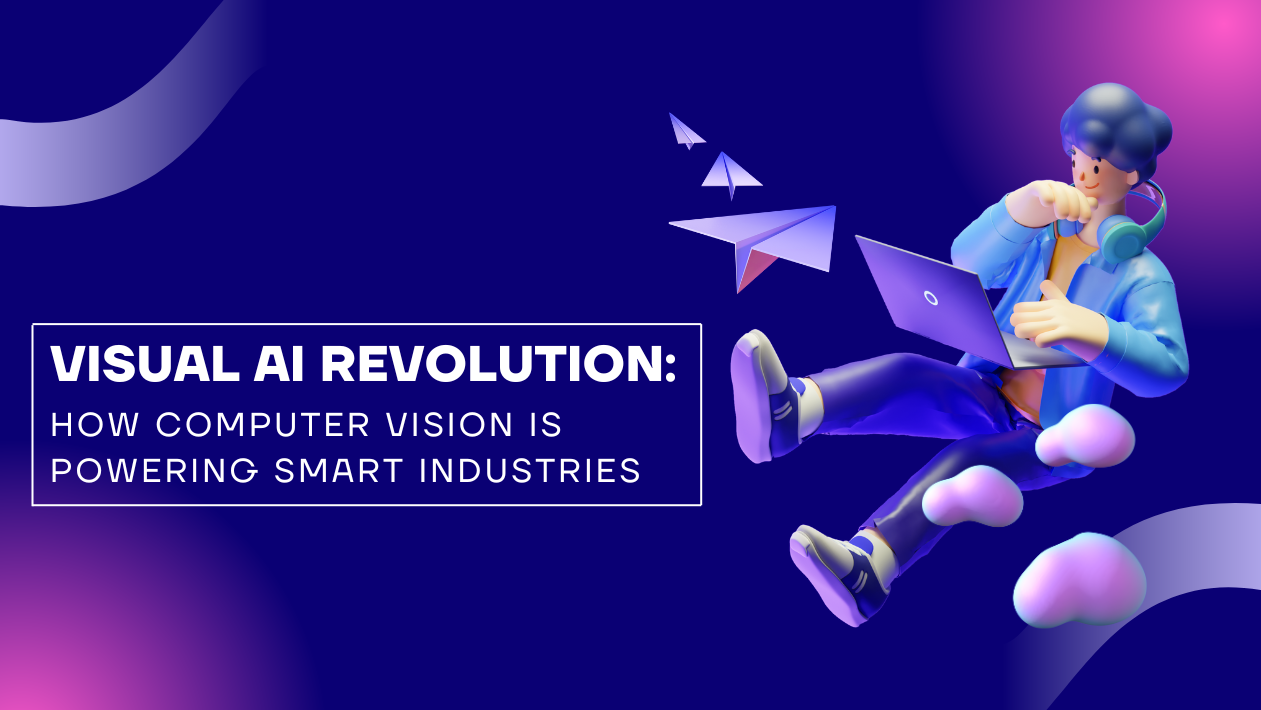In 2025, artificial intelligence (AI) is playing a crucial role in promoting financial inclusion by expanding access to financial services for underserved populations. AI technologies are enabling financial institutions to offer tailored products, assess creditworthiness, and deliver services to individuals and businesses previously excluded from the formal financial system.
One of the significant challenges in financial inclusion is the lack of traditional credit history among underserved populations. AI addresses this by analyzing alternative data sources, such as mobile phone usage, utility payments, and social media activity, to assess creditworthiness and offer appropriate financial products.
AI-powered chatbots and virtual assistants provide accessible financial education and support in multiple languages, helping individuals understand financial products, manage budgets, and make informed decisions.
The Tech Whale is committed to advancing financial inclusion by developing AI solutions that cater to the unique needs of underserved communities, including microfinance platforms, mobile banking applications, and personalized financial planning tools.
In rural areas, AI facilitates the delivery of financial services through mobile platforms, overcoming geographical barriers and reducing the need for physical banking infrastructure.
AI also supports small and medium-sized enterprises (SMEs) by providing access to financing through alternative lending platforms that assess business viability using AI-driven risk assessment models.
Moreover, AI enhances fraud detection and security in digital financial services, building trust among new users and protecting their financial assets.
Financial institutions leveraging AI for inclusion must prioritize data privacy and ethical considerations, ensuring that AI models do not perpetuate biases or discrimination.
Collaborations between fintech companies, governments, and non-profit organizations are essential to develop AI solutions that address the specific challenges faced by underserved populations.
AI-driven financial inclusion initiatives also contribute to economic development by empowering individuals and businesses to participate in the formal economy, access credit, and build financial resilience. Education and digital literacy programs are vital to ensure that individuals can effectively use AI-powered financial tools and make informed decisions.





